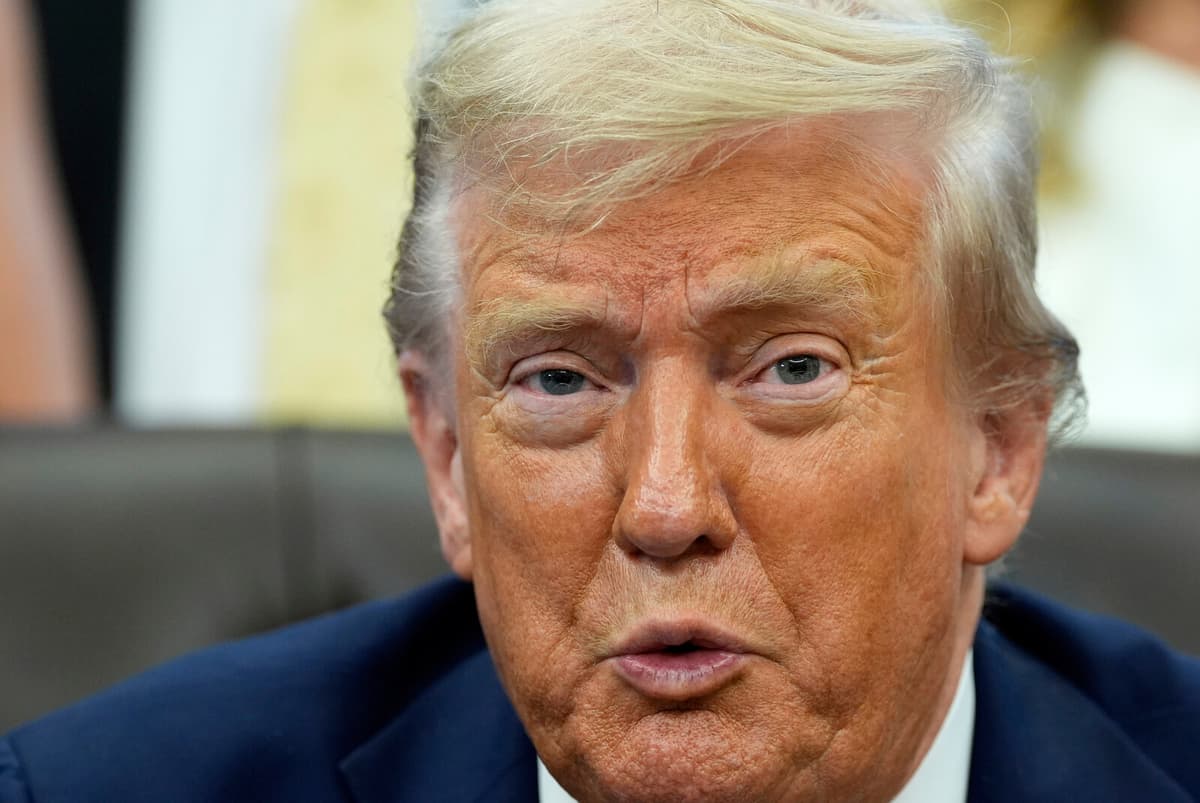”Digital taxes, legislation on digital services and regulations of digital markets are all designed to harm or discriminate against American technology”, writes Trump in a post on the platform Truth Social.
The President is now urging countries to change their legislation in favor of American technology companies. He has long believed that digital taxes discriminate against American companies such as Amazon, Google's parent company Alphabet, and Facebook's parent company Meta.
”Source of uncertainty”
”If these discriminatory actions do not cease, I, as the President of the United States, will impose significant additional tariffs on that country's exports to the US and impose export restrictions on our protected technology and our chips”, writes Trump.
At present, it is difficult to know how likely it is that the threats will become a reality and what potential punitive tariffs may look like, according to Johan Javeus, senior economist at SEB.
What Trump says one day can be withdrawn two days later. It has been a major source of uncertainty for everyone dealing with these kinds of issues, he tells TT.
Whether the tariff threats can affect Swedish companies is also still difficult to say. It depends on how the negotiations between the EU and the US go and what concessions the EU may make.
European taxes and regulations on American tech giants have been a source of discontent in the US for a long time, even before Trump became President, says Johan Javeus.
Aimed at ”all”
The US has increasingly used export restrictions on, among other things, advanced chips, including for chip manufacturer Nvidia, which is considered crucial for national or economic security.
Donald Trump is directing his statement at ”all” – and in other words, does not mention any specific countries.
The warning comes a week after the US and the EU in a joint statement agreed to ”address unjustified trade barriers” together. At the same time, the EU has stated elsewhere that legislative changes regarding digital services are not current. It may potentially be a means of pressure for future negotiations where the EU does not want to see tariffs on wine and spirits, reports Bloomberg.






